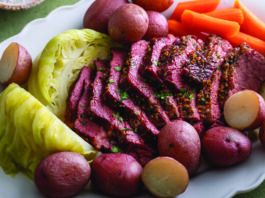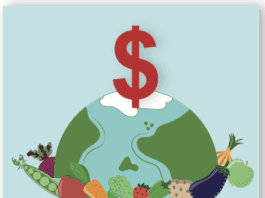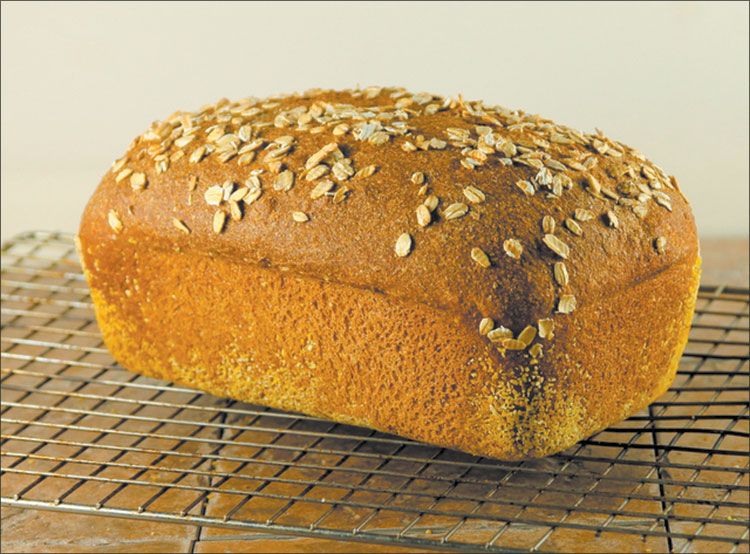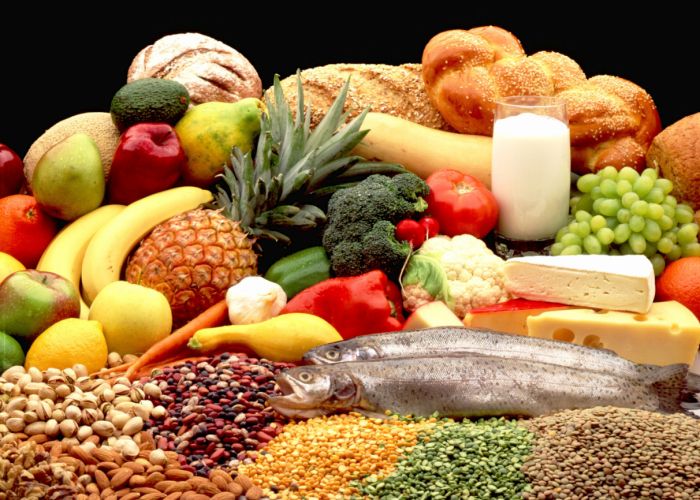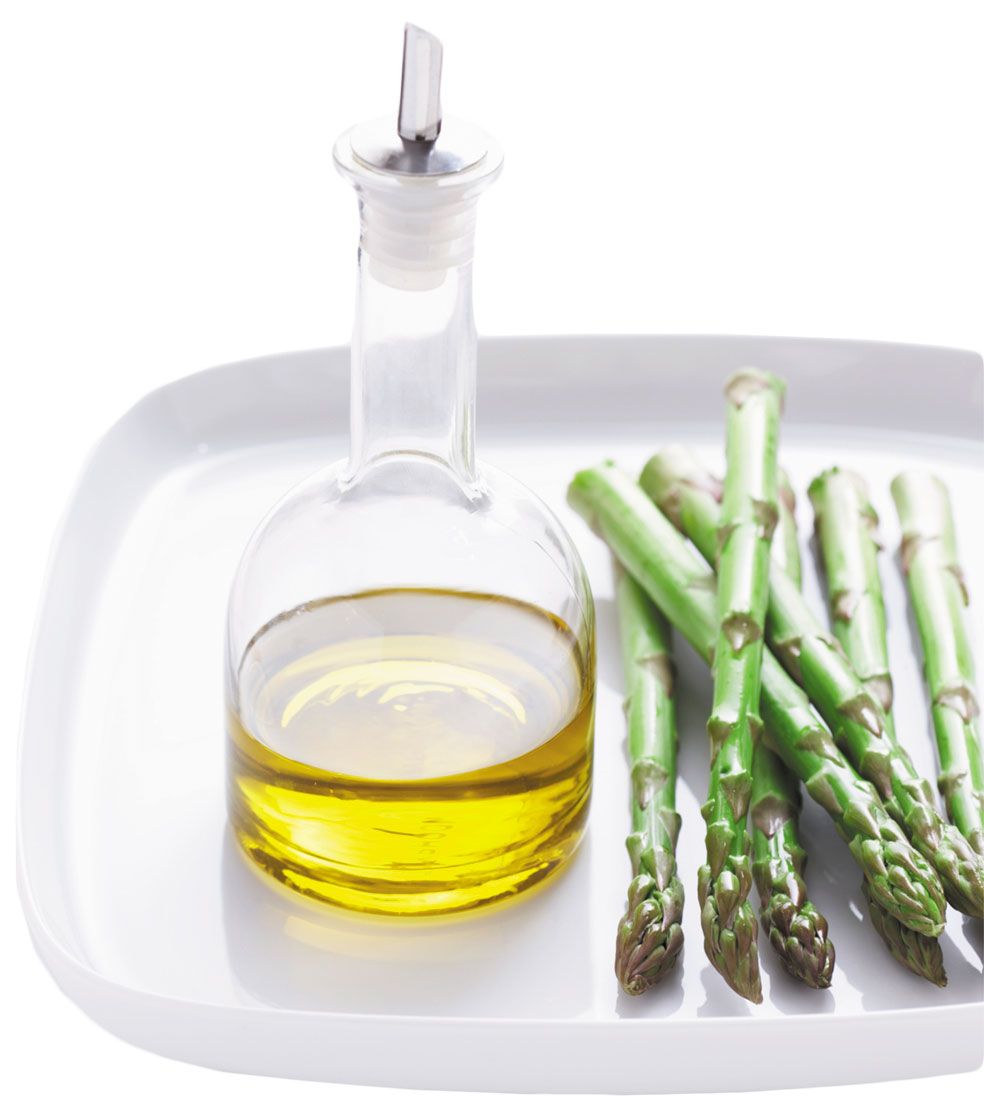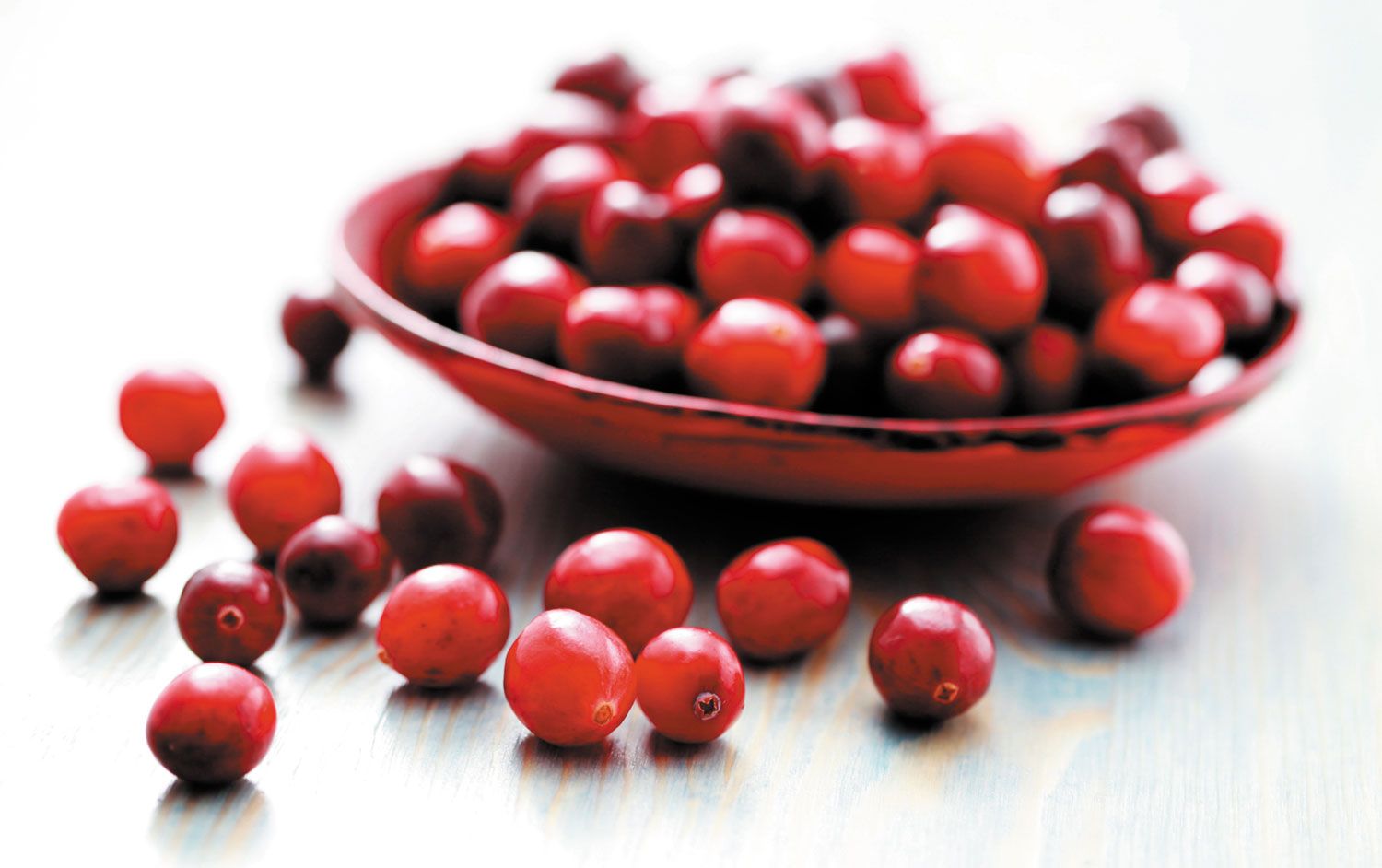Q. My physician tells me that I am pre-diabetic, so I am very careful...
A. Anastassios G. Pittas, MD, professor of medicine in the Division of Endocrinology, Diabetes & Metabolism at Tufts Medical Center, responds: The quick answer...
The Truth About the War on Wheat
If you believe the bestseller lists, the biggest bad in the supermarket aisles is not fat or sodium or sugar but wheat. Its not just the booming popularity of gluten-free products, which are important for the small percentage of people diagnosed with celiac disease but whose benefits for the general population are questionable. (For a full discussion of the pros and cons of gluten-free products, see our October 2013 Special Report.) Bestselling books have warned that wheat consumption is a key contributor to abdominal fat (wheat belly), as well as triggering diseases ranging from diabetes to autism, and that eating wheat is linked to Alzheimers, depression, headaches, epilepsy and ADHD.
US Healthy Eating Drops
By their own report, Americans ate less healthfully last year than any time since 2008. A daily poll by Gallup and Healthways, totaling more than 150,000 adults over a years polling, asks whether respondents ate healthfully the previous day.
Frozen Produce as Good as Fresh, Better Than Refrigerated
Frozen produce is just as nutritious as fresh-and superior in vitamin and mineral content to fresh produce stored in the refrigerator for a few days.
European Agency Says Aspartame Safe
After one of the most comprehensive risk assessments of aspartame ever undertaken, the European Food Safety Authority (EFSA) has concluded the artificial sweetener is safe at recommended levels of consumption.
Protecting Your Heart Also Better for Your Bones
You might not think that eating smart for your heart would have anything to do with also protecting your bones. But a new study finds that following the American Heart Associations diet and lifestyle recommendations is also associated with better bone health.
10 Keys to Cardiovascular Health
When the American College of Cardiology and American Heart Association released new guidelines for preventing cardiovascular disease in November, the headlines all focused on their controversial recommendations for statin use. Almost lost in the coverage was another set of ACC/AHA recommendations, which looked at diet and physical activity rather than drugs for reducing cardiovascular risk. Whether your physician has prescribed statin medications or not, these Lifestyle Management Guidelines can help protect your heart.
Cranberries: Theyre Not Just for Thanksgiving Anymore
If you think of cranberries as strictly Thanksgiving fare, you're missing out on the unique health benefits of this tart red fruit. "The profile of cranberries' biologically active constituents is distinct from that of other berry fruit," says Jeffrey B. Blumberg, PhD, director of Tufts' HNRCA Antioxidants Research Laboratory. Blumberg and colleagues recently authored a comprehensive review of cranberries' bioactive compounds and their effects on human health, published in Advances in Nutrition.
Discover the Digestive Benefits of Fermented Foods
Dating back millennia, fermented foods are among humanity's oldest attempts to preserve food. But today these foods are newly popular for their purported health benefits. Fermented foods, ranging from sauerkraut to yogurt, are increasingly being seen as a boon to the gut - and in turn to benefits not only for digestive health but possibly also for allergies and even weight loss.
Q. The vitamin D supplement I take also contains calcium carbonate, cellulose gel, maltodextrin,...
A. Bess Dawson-Hughes, MD, director of Tufts HNRCA Bone Metabolism Laboratory, answers: The amount of calcium present is very small and so not very consequential. The other ingredients have negligible nutritional value, are commonly used, and I know of no evidence that they are unsafe.…























